A Senate Appropriations Subcommittee questioned FAA officials about the agency’s oversight of the certification of the Boeing 737 MAX and its responses to the fatal crashes of Lion Air Flight 610 in October 2018 and Ethiopians Airlines Flight 302 last March during a hearing on Wednesday. Citing articles recently published by The New York Times and Wall Street Journal, committee members questioned FAA representatives on purported issues with the FAA’s certification of the aircraft and Organization Designation Authorization (ODA) program, including allegations of concern for manufacturers’ production timelines taking precedence over safety recommendations.
The agency also came under fire from Senator Jack Reed, D-R.I., for an alleged lack of transparency on necessary fixes to the aircraft’s Maneuvering Characteristics Augmentation System (MCAS)—generally believed to be a primary factor in both crashes—after the Lion Air accident. The FAA issued an emergency AD (PDF) requiring operators to add MCAS failure indications to approved flight manuals, but did not, according to Sen. Reed, make it clear enough that further system changes would be required for safe operation. “The implication was that this pilot change would be sufficient to provide airworthiness and there was no real mention of improvements and necessary changes to the MCAS system, leading, I think, most people to conclude that there was no long-term issue with the MCAS,” Sen. Reed said. “That lack of transparency is, I think, not appropriate.” FAA Associate Administrator For Aviation Safety Ali Bahrami replied that the lack of disclosure was necessary due to the ongoing accident investigation and that “from a safety perspective we felt strongly that what we did was adequate …”
While acknowledging the need for scrutiny and expressing openness to recommendations resulting from the investigations into the MAX, both Bahrami and FAA Acting Deputy Administrator Carl Burleson stood behind the agency’s approach to the MAX. “We have been fully knowledgeable in dealing with the development of that plane,” said Burleson. “It doesn’t mean that each decision we’ve made has always been perfect, but I do believe the fundamental process of how we went about certifying the Max was sound.”
The hearing, titled “Oversight of the Federal Aviation Administration,” was held to discuss the effectiveness of the FAA’s regulatory framework, not specifically the MAX. The complete hearing can be viewed on the Senate Appropriations Committee website.
Fallout from the MAX crisis continues in other areas as well, with China Southern Airlines suspending its order for 64 737 MAX 8s and Ryanair stating that it expects to lay off approximately 900 pilots and flight attendants starting this fall due to the grounding of the MAX and concerns around Brexit. Southwest Airlines and Air Canada have also announced that they will be removing the aircraft from their respective schedules into 2020.


















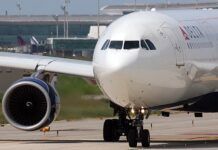




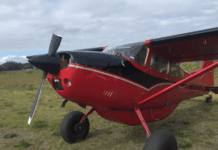


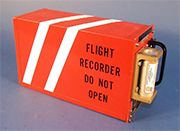



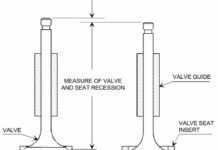



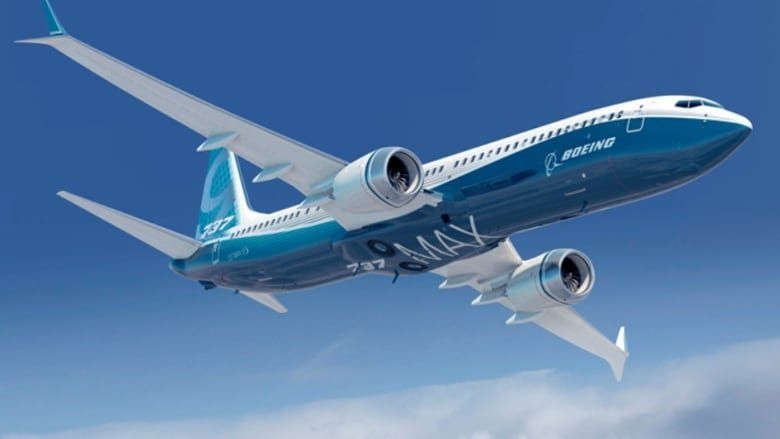

Has anyone questioned Boeing, if the MCAS was never installed in the Max, would the aircraft still have been safe to fly? My goodness, how have thousands pilots around the world logged millions of flight hours without stalling an aircraft in the past? This entire Max story is a frustrating and needless joke. Boeing and the FAA are BOTH guilty of bad decision making, NO MATTER WHAT THE OUTCOME IS.
No; I think that the bad decision making was done by the foreign “pilots” who can’t figure out how to actually fly an airplane that’s not exactly 100% perfect at all times. MCAS seems to have been an effort to overcome such bad pilots, and, ironically, only helped to identify them.
@ Mark F
It seems you do not have a correct knowledge of facts and professionnal forum about these two crashes.
Do you think realy of it was a clear lack of proficiency of pilot that B 777 Max can stay groubded since 4 months and can be grounded more and more months ?
To try to discredit “foreign” (non American) pilot is a bad and poor behavior.
Have some look on the Following websites :
https://www.pprune.org/rumours-news/621879-max-s-return-delayed-faa-reevaluation-737-safety-procedures-89.html
https://www.pprune.org/rumours-news/619272-ethiopian-airliner-down-africa.html
http://avherald.com/h?article=4c534c4a&opt=0
I must concur with Jeff L. Well put.